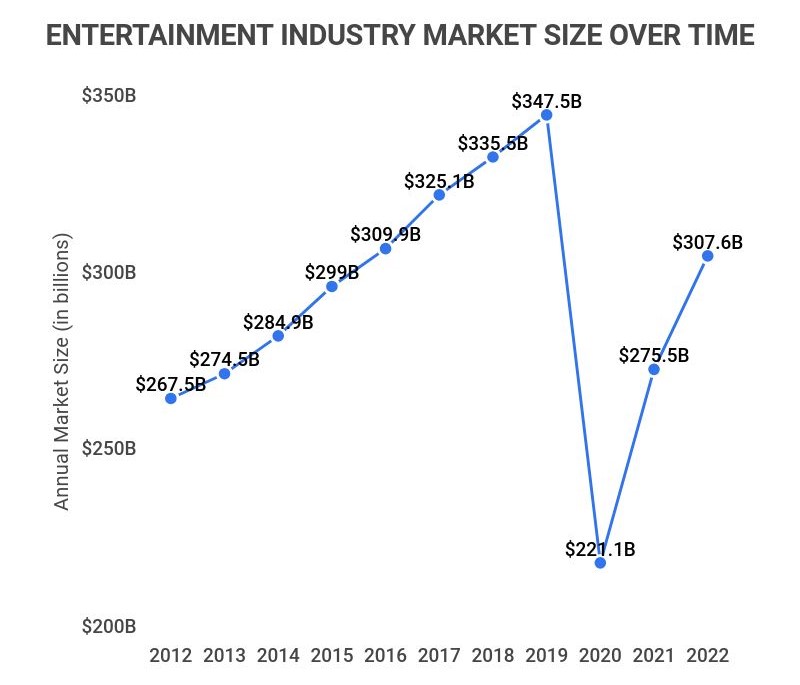Shop At Haya: Your Ultimate Shopping Guide
Discover the best shopping tips, trends, and deals for a smarter buying experience.
Reboot Culture: Why Nostalgia is King
Explore how nostalgia shapes today's culture, fueling trends and reigniting our love for the past. Discover why nostalgia is the ultimate king!
The Power of Nostalgia: How Reboot Culture Shapes Our Entertainment Choices
The rise of reboot culture has transformed the entertainment landscape, invoking a powerful sense of nostalgia among audiences. By revisiting beloved franchises from the past, filmmakers tap into deep-seated emotions, rekindling memories that resonate with viewers. This phenomenon is not merely a marketing strategy; it reflects a broader cultural trend where people seek comfort in familiar narratives. As a result, classic series or films are being reimagined for modern audiences, highlighting the enduring appeal of storytelling that transcends generations.
This nostalgia not only shapes our viewing preferences but also influences consumer behavior. When beloved titles are rebooted, audiences often flock to theaters or streaming platforms, driven by a craving for the magic of their childhood. According to industry reports, this trend has led to a significant uptick in box office revenues for reboots, as fans old and new embrace these revitalized tales. In an era of rapid cultural change, reboot culture serves as a reminder of our collective past, making it a powerful tool for entertainment and a driving force in the choices we make as consumers.

Nostalgia and Identity: Why We Crave the Comfort of the Past
Nostalgia is a powerful emotion that often serves as a comforting reminder of simpler times. As we navigate the complexities of modern life, many people find themselves drawn to memories of their past, whether it's childhood games, favorite television shows, or family gatherings. This longing for the comfort of the past is not merely sentimental; it plays a crucial role in shaping our identity. Engaging with memories can help us reconnect with our roots, reminding us of who we are and where we come from. By reflecting on these experiences, we can find solace and strength in our current lives.
The desire for nostalgia can also be attributed to the human need for stability in an ever-changing world. During times of uncertainty, such as economic downturns or social upheaval, people often look back on the past as a source of comfort and reassurance. This craving can manifest in various ways, such as reviving retro fashion trends, consuming old media, or even participating in community events that celebrate local history. Ultimately, nostalgia and identity are intertwined—our past experiences influence our present selves, guiding our choices and shaping our perceptions as we strive for a sense of belonging in a sometimes chaotic landscape.
Are Reboots and Remakes Signs of Creative Exhaustion or Creative Renewal?
The rise of reboots and remakes in cinema and television has ignited a heated debate about whether these trends signify creative exhaustion or a form of creative renewal. On one hand, some argue that the reliance on familiar titles reflects a lack of original ideas in an increasingly competitive market. As audiences gravitate towards nostalgia, studios may feel pressured to resurrect beloved franchises rather than invest in innovative storytelling. This inclination might suggest that creativity has become stagnant, leading to a cyclical nature of content that prioritizes safety over artistic risk.
Conversely, proponents of the reboot and remake phenomenon see it as a creative renewal that allows for reinterpretation and exploration of existing narratives through a contemporary lens. By breathing new life into established stories, creators have the opportunity to address modern themes, diverse perspectives, and updated cultural contexts that resonate with today's audience. These fresh takes can invite new viewers while honoring the original, creating a dynamic dialogue between the old and the new that pushes the boundaries of creativity rather than stifling it.